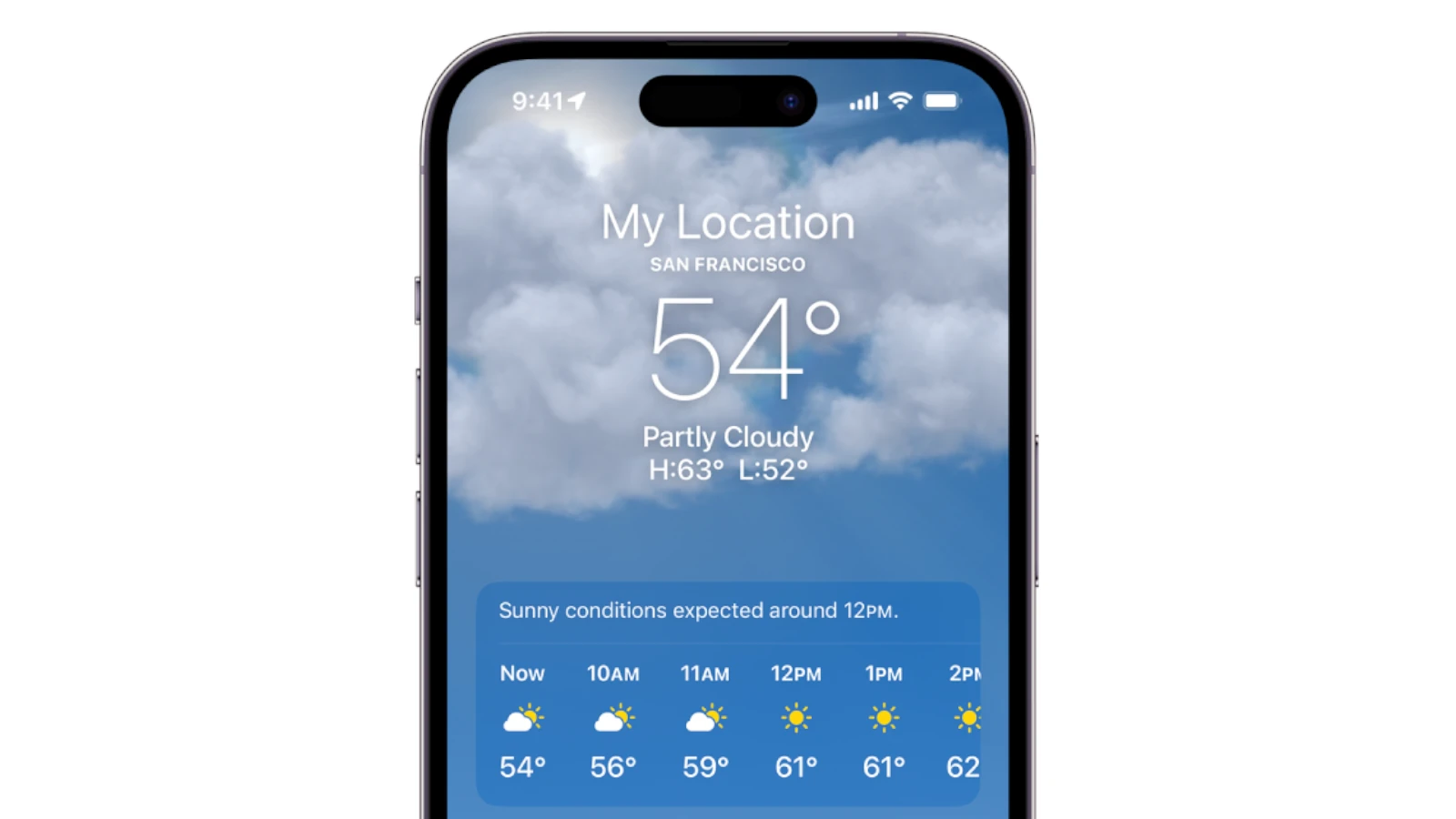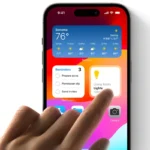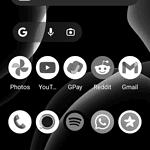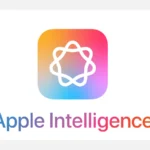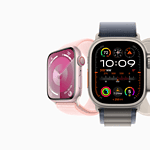Weather apps have become indispensable tools in our daily lives, providing us with immediate and accurate weather forecasts. With a plethora of options available, choosing the most accurate weather app can be a daunting task. This article, drawing insights from Reddit discussions and top Google search results, aims to guide you through the best weather apps of 2024, their key features, and what sets them apart.
The Search for the Perfect Forecast
Finding a reliable weather app is crucial. Whether you’re planning an outdoor adventure or just want to know if you need an umbrella, the right weather app makes all the difference. However, with so many options, choosing the best one can be overwhelming. Let’s dive into the top 5 most accurate weather apps for your phone, along with their key features and pricing.
1. The Weather Channel
One of the most well-known names in weather forecasting, The Weather Channel app offers a comprehensive weather experience.
- Features: Provides detailed current conditions, hourly and extended forecasts, radar maps, and weather news.
- Pricing: Free with ads, ad-free version available for a subscription fee.
2. AccuWeather
AccuWeather is known for its MinuteCast feature and focus on accurate, hyperlocal forecasts.
- Features: Offers minute-by-minute precipitation updates, severe weather alerts, and a “RealFeel” temperature index that factors in humidity and wind.
- Pricing: Free with ads, premium options available with additional features.
3. WeatherBug
WeatherBug provides in-depth data and real-time alerts, making it a great choice for weather enthusiasts.
- Features: 18 different weather maps, lightning alerts, air quality information, and live traffic conditions.
- Pricing: Free with ads, ad-free version available for a fee.
4. Carrot Weather
Carrot Weather delivers forecasts with a side of snark and humor. While known for its personality, it’s also a surprisingly accurate weather app!
- Features: Customizable interface, detailed forecasts, and the ability to change the app’s personality.
- Pricing: Premium subscription with additional features like long-range forecasts and historical data.
5. Weather Underground
Weather Underground stands out because of its expansive network of personal weather stations, providing hyperlocal weather data.
- Features: Crowdsourced weather reports, customizable forecasts, and an active community forum.
- Pricing: Free with ads, ad-free version available for an annual fee.
Comparison Table
| App Name | Key Features | Pricing |
|---|---|---|
| The Weather Channel | Comprehensive forecasts, radar, news | Free (with ads), Ad-free version |
| AccuWeather | Minute-by-minute updates, severe weather alerts | Free (with ads), Premium options |
| WeatherBug | In-depth data, real-time alerts, air quality | Free (with ads), Ad-free version |
| Carrot Weather | Humorous forecasts, customization | Premium subscription |
| Weather Underground | Hyperlocal data, crowdsourced reports | Free (with ads), Ad-free version |
Choosing the right weather app depends on your specific needs and preferences. Consider the features, accuracy, and user experience when making your decision!
Additional factors to consider:
- Your location: Some apps might be more accurate in certain regions than others.
- Your needs: Choose an app with features that are important to you, like allergies, air quality, or sports-specific information.
- Privacy: Check how apps handle your data before using them.
Remember: No single app is 100% accurate all the time. It’s always good practice to consult multiple sources before making important decisions based on weather forecasts.
Key Takeaways
- User Preferences: Insights from Reddit highlight popular apps like Windy, WeatherUnderground, WeatherBug, and MyRadar.
- Top Apps of 2024: AccuWeather stands out for its user interface and detailed forecasts.
- Essential Features: Accuracy, user interface, real-time alerts, and radar imagery are crucial.
- Data Sources: Most apps use data from the National Weather Service (NWS) and other meteorological sources.
- Privacy Concerns: Understanding the privacy policies of these apps is essential.
Insights from Reddit: User Recommendations and Experiences
Reddit, a hub for community-driven insights, offers valuable user experiences regarding weather apps. A discussion on the subreddit r/weather reveals a preference for apps like Windy, which offers various models like GFS, NAM, and ECMWF, allowing users to observe trends and make informed predictions. WeatherUnderground and WeatherBug are also mentioned for their detailed forecasts and reliable rain/weather alerts. These insights underscore the importance of user-friendly interfaces and comprehensive data in weather apps.
Top Weather Apps of 2024: A Comprehensive Look
AccuWeather: A Front-Runner in Weather Forecasting
AccuWeather, recognized by the World Meteorological Organization, stands out for its user-friendly interface and comprehensive data representation. It offers features like MinuteCast® forecasts, severe weather alerts, and advanced weather radar, making it a top choice in 2024.
Other Contenders
Other top weather apps, as listed by CNET and PCMag, include The Weather Channel and Dark Sky. These apps are praised for their precision in forecasting and user-centric designs.
Features That Make a Weather App Stand Out
Accuracy in Forecasting
The primary function of a weather app is to provide accurate forecasts. Apps that utilize a variety of data sources and offer detailed predictions are generally more reliable.
User Interface and Ease of Use
An intuitive user interface is crucial for a good weather app. Users prefer apps that are easy to navigate and present information in a clear, concise manner.
Real-Time Alerts and Notifications
Timely alerts about severe weather conditions are a vital feature of any weather app. These notifications can be lifesaving in emergency situations.
Radar and Satellite Imagery
Advanced radar and satellite imagery help users visualize weather patterns and track storms in real-time, adding a layer of depth to the weather forecasting experience.
Comparing Weather App Sources: Where Does the Data Come From?
Most weather apps, including popular ones like The Weather Channel and AccuWeather, source their data from the National Weather Service (NWS) and other meteorological organizations. This ensures that the forecasts are based on the most current and comprehensive data available. However, some apps also incorporate user-generated data, which can offer hyper-local insights but may vary in reliability.
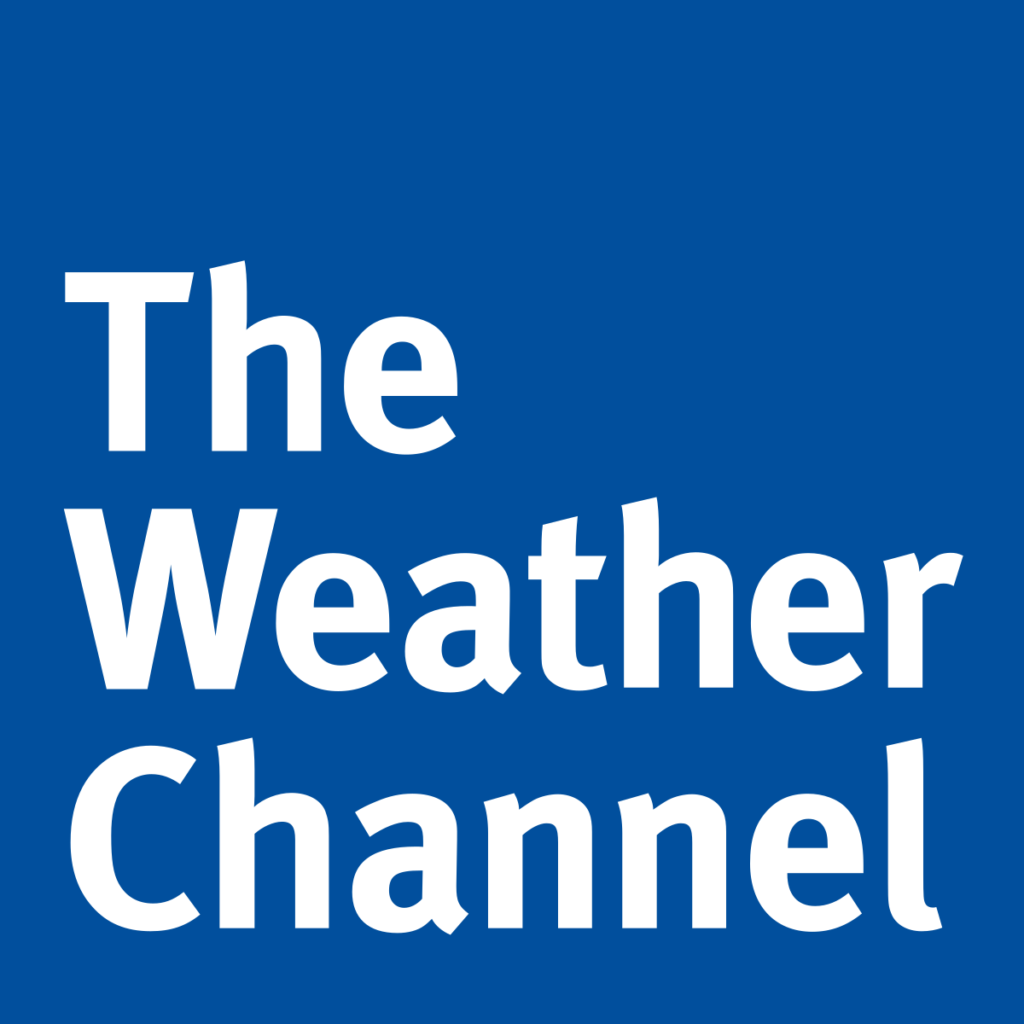
Tailoring Your Weather App
The best weather apps allow users to customize their experience. This includes setting preferences for the type of information displayed, such as temperature, wind speed, or pollen count, and choosing how notifications are received. Accessibility features such as voice commands and easy-to-read displays also enhance the user experience. Weather apps rely on a variety of data sources to provide accurate forecasts. The most common source is the National Weather Service (NWS), which offers comprehensive meteorological data. However, many apps also incorporate data from private weather companies and international weather agencies. This mix of sources ensures a broad spectrum of data, which enhances the accuracy of forecasts.
User-Generated Data: A Growing Trend
Some weather apps are now incorporating user-generated data, which can offer hyper-local weather updates. While this can be a valuable source of information, it’s important to consider the reliability and accuracy of these user-contributed updates.
Advanced Features in Weather Apps
Modern weather apps are equipped with a range of advanced features that go beyond basic forecasts. These include:
- Interactive Weather Maps: Offering real-time radar and satellite imagery.
- Customizable Alerts: Tailoring notifications to specific weather events.
- Social Sharing Features: Allowing users to share weather updates and alerts with their community.
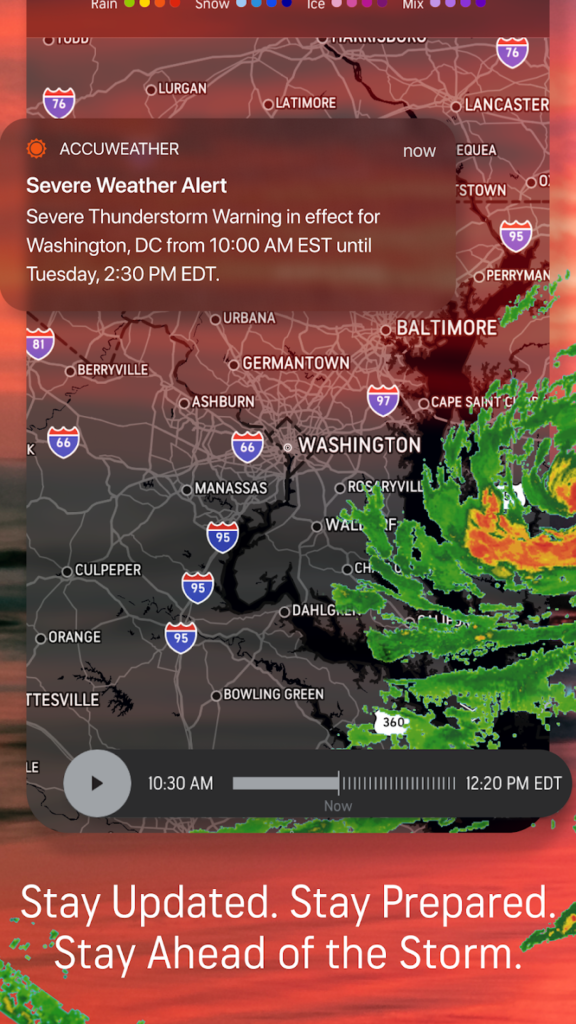
Weather Apps for Specific Needs
Different users have different requirements from their weather apps. For instance, farmers may need detailed precipitation forecasts, while outdoor enthusiasts might prioritize accurate wind and temperature readings. It’s important to choose an app that caters to your specific needs.
Table: Top Weather Apps for Specific User Needs
| User Type | App Recommendation | Key Feature |
|---|---|---|
| Farmers | MyRadar | Precise precipitation forecasts |
| Sailors | Windy | Accurate wind predictions |
| Hikers | AccuWeather | RealFeel® temperature technology |
Privacy and Security in Weather Apps
With the increasing concern over digital privacy, it’s crucial to understand how weather apps handle user data. Many apps collect location data, which can be used for targeted advertising or sold to third parties. Users should review the privacy policies of these apps to understand how their data is being used and protected.

